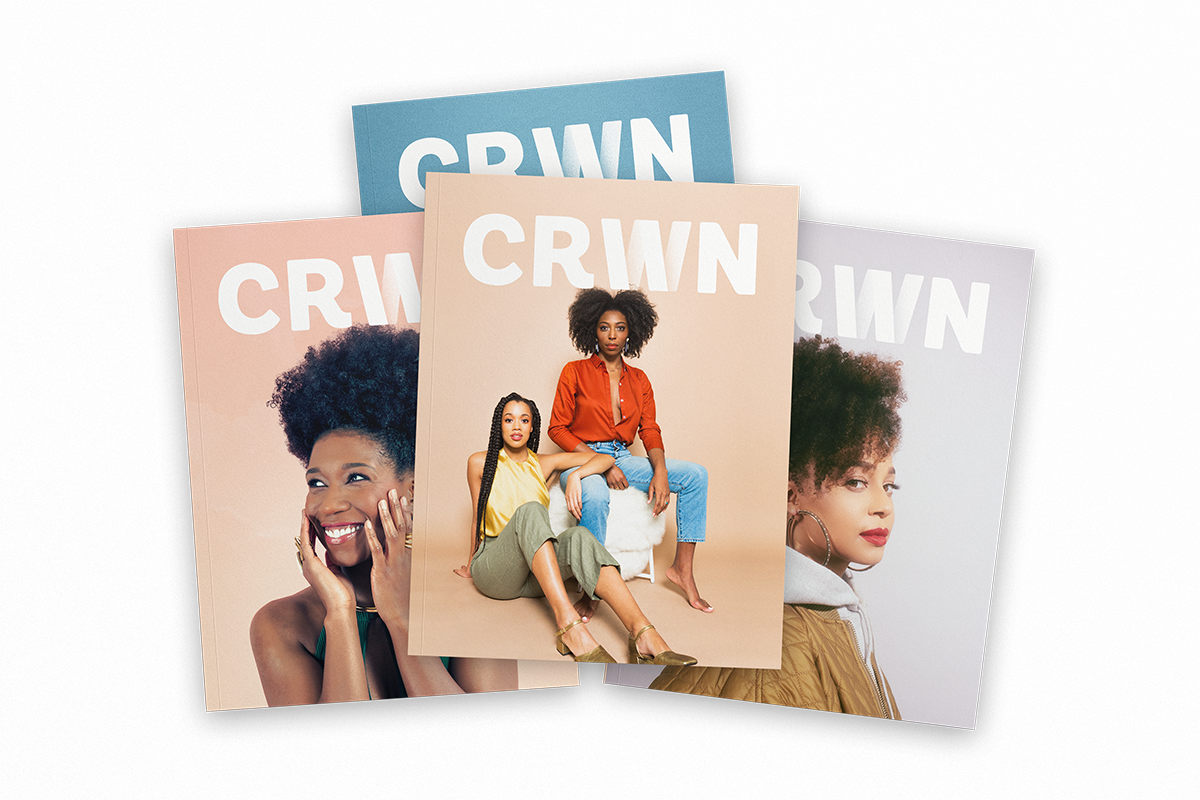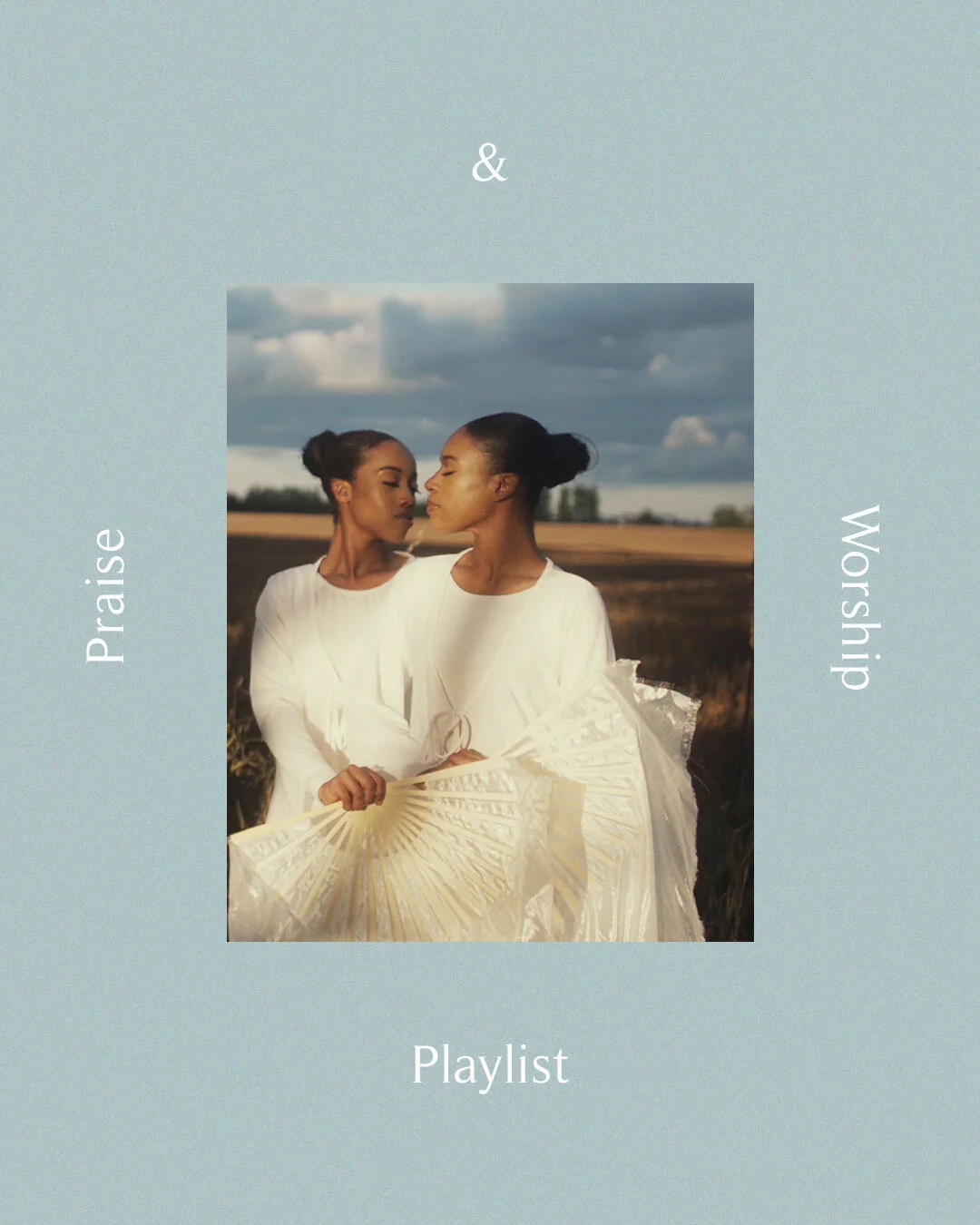Finding Love in My Features
Breaking the cycle of inherited self-hatred.
Written by: Jenelle Parrish
"Pinch your nose every morning when you wake up, and it'll get smaller."
My great-aunt would tell me this every time I visited. I would stand there and reply, "yes ma'am," but my five-year-old self was left to stew in the confusion. What did she mean by that, and why did I have to pinch my nose? Yet, I obliged out of respect for my elders and completed the chore, just as she suggested. This lasted for 15 additional years.
During my adolescence, I struggled to find the beauty that my loved ones saw in me. Like Pecola Breedlove in The Bluest Eye, I would pray every day, pleading to God for a smaller nose. I just wanted to be “pretty,” and even if I felt that way sometimes, I always knew my beauty came with a border. By my young adulthood, I was an expert at managing my insecurities — so much so that I became content with the ill feelings I developed for myself. I settled comfortably into my low self-esteem.
Existing in a society where the beauty standard is the opposite of the faces we see in our families, communities, and ourselves can impact how we acknowledge our roots. We get a head start on dishonoring our ancestors. Part of me understood that my aunt wasn't trying to hurt my feelings but, in her own way, she was preparing me for the ways of the world that I would be subjected to one day. Black features — whether it's our nose, lips, or curves — haven't always been celebrated, and I knew my aunt was from an epoch where instead of celebrating our beauty, Black women ignored and muted it the best they knew how. After all, we have always had to be proactive in protecting ourselves.
Read more like this in The Love Issue of our Journal
The Love Issue explores what love looks like in action. It expands our definition of the famous four-letter word, in ways both traditional and untraditional.
However, I learned at an early age to never allow the way I felt about myself dictate how I presented to the world. I vowed to never project my hurt onto others. I didn’t understand where my aunt was coming from when she gave me that unsolicited “advice” as a child. It wasn’t until I grew older that I permitted the room for that understanding. When you’ve only been shown or taught certain things about yourself that are mostly adverse, it’s incredibly easy to project onto others and carry those voices of sabotage with you throughout life. Once I welcomed empathy for my aunt’s beliefs, the understanding quickly followed. I knew that what was being placed upon me — an inherited, internalized sense of shame and hatred — could not be passed down to my future children. I spent my adolescence struggling with self acceptance and although the trauma wasn’t intentional, it affected my potential as I substituted my self-love for self-sabotage.
When you're tired of something, I mean exhausted, you change it. Procrastination, diet — whatever pattern we want to change, we have the agency to do so. I grew weary of depreciating myself, indulging in an ideology that something as minuscule as a facial feature would affect me.
Maturing into my adulthood, that theory has been a consistent leader in my life. As a realist, I knew that to live in acceptance, I would have to demand it. Embarking on the road to recovery, even when feeling depleted, felt like my only option, but I owed it to myself and had nothing else to lose. I wanted to delve into womanhood with one less severity to deal with, making it a mission to combat a force-fed plague that held no weight. I chose to accept my hurt and usher in the healing that I desperately needed, and furthermore, deserved.
My nose is my legacy, one I'm incredibly proud of. It would be a shame to let that be in vain.




